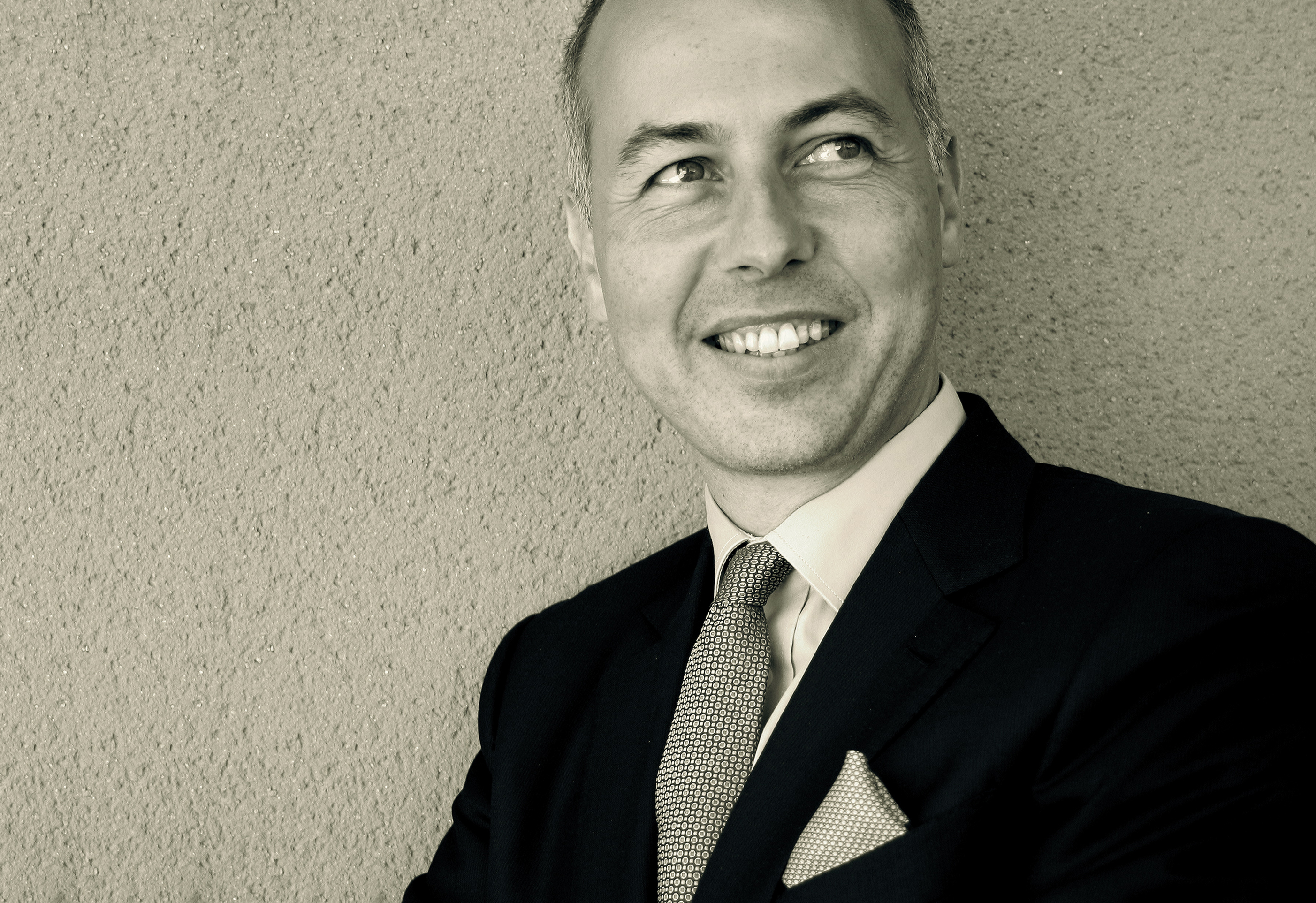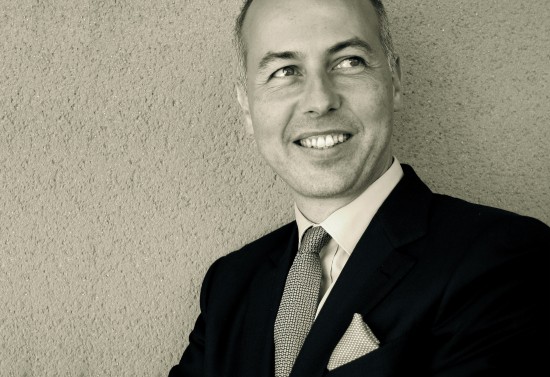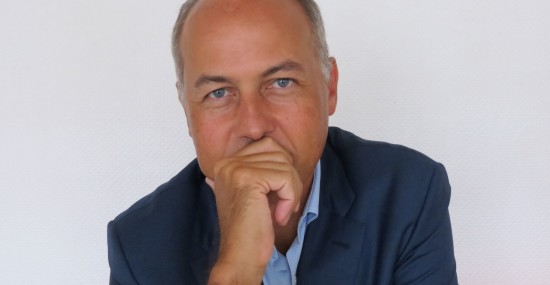Every year, the story repeats itself: all eyes fix on prices during Bordeaux’s en-primeur season. Yet today’s consumer has moved on; what they crave are luminous human tales, kindled by passion and vision. Over the centuries, Bordeaux has known several turning points. First came the sacrosanct Classification, learned by rote and obeyed without a murmur. Slowly, however, that ranking slipped into irrelevance. Then Robert Parker strode in, bold enough to shuffle the deck—placing a Third Growth above a First. “Such nonchalance! Such brazen folly!” echoed through the châteaux and among French experts. But buyers across the globe applauded: at last, the pedestal beneath Bordeaux’s loftiest wines was trembling. And the rabble-rouser was—an American! The Old Continent grimaced; the rest of the world exulted. A breath of inclusivity had wafted into an exceedingly exclusive realm.
Bordeaux’s great estates were forced to adapt; the “Parker palate” was born, and other international critics, in turn, redrew their own rankings each year. Champagne never fell for that snare: there, the order rests on the terroir’s intrinsic worth—village, premier cru, grand cru. Neither Parker nor any other critic ever dared impose an annual hierarchy. While Bordeaux toiled beneath the tyranny of scores, Champagne shone a spotlight on growers whose brilliance could rival—even eclipse—the storied houses: Selosse, Henri Giraud, Cédric Bouchard, and many more.
It was not critics who crowned these men and women the new icons of Champagne; Champagne itself hoisted them to the pinnacle, gifting the region a dazzling surge of momentum. Picture it: star vignerons crafting extraordinary wines from a grape once dismissed as secondary—pinot meunier—on plots not even ranked premier cru, propelling the “new Champagne” onto the world stage…What impertinence! What delight! What a lesson in inclusivity and open-mindedness! The public adores it, especially the younger generations, both amateurs and professionals.
Bordeaux has not (yet) experienced such a revolution; yet it must set one in motion if the region is to regain the fervor and prestige it once commanded. This is the path to silence “Bordeaux bashing”—which I have fought since 2013 with the campaign #StopBordeauxBashing I initiated—and to restore desire to a market now becalmed. Let us not shrink from seeing Bordeaux vignerons rise to the summit of the hierarchy, as Champagne has done. The salvation of an entire region, a people, a culture is at stake. Let us make the world dream again, but differently—Bordeaux 3.0. Tomorrow’s consumers expect nothing less from the star region. They wait—impatiently.
Contact Guillaume Jourdan via LinkedIn



